Don’t Waste Your Yard Waste-Use It!
Spring has sprung in North Carolina meaning that weekends are full of gardening, landscaping, and yard maintenance. To some, the resulting yard waste is a nuisance. It used to be common practice to gather up this waste and burn it, while some prefer to bag it up and throw it in the trash. However, there are many regulations surrounding open burns and sending yard and household waste to landfills also may not be the best practice. Smoke from burning vegetation (such as leaves and weeds) may contain toxins such as carbon monoxide and particulate matter that can increase your risk of respiratory infection. Children and adults who have respiratory illnesses, allergies, or asthma may be disproportionately affected.
Composting could save hundreds of thousands of tons of waste from going to the landfills. Every year North Carolinians throw over 10 million tons of trash! Out of this astronomical number, the USDA Food Loss Project Analysis estimates that at least almost 1 million tons is food waste generated within residential homes in North Carolina. This remains a conservative estimate and it is likely that the actual number is far higher. Removing food waste from the trash systems would represent a success in our waste cycle. Currently, North Carolina is one of the largest exporters of waste in the country, behind only New York, Massachusetts, and Ohio. This is due to landfill limitations and high costs of disposal. The two largest urban areas in the state, Raleigh and Charlotte, are considering a pay-as-you-throw solid waste program that would charge higher prices based on how much trash you generate. In an effort to control trash, food waste, and higher prices, residential homes in North Carolina should be encouraged to participate in household composting! As well as being good environmentally and economically, the end product of compost is a useful soil addition and fertilizer for your planting needs.
Composting can be as simple as creating a pit or pile in your yard where you put food, yard waste, or most other kinds of organic matter (for more information on what to compost, visit EPA.gov and search “composting”). There are different methods of DIY containers for more secured options. Additionally, there are compost bins that you can easily purchase. Once you have a receptacle, add organic material, and mix the material weekly, until it begins to naturally decompose. If you reside in a suburban or urban area, particularly within the Triangle, there are also neighborhood compost systems. These local businesses charge a small monthly fee which provides weekly compost pick-up right to your door. Most often provide the finished compost product to their customers free of cost. Compost enriches and fertilizes soil upon application. It also helps retain moisture, improves aeration, provides essential nutrients to plants, helps balance pH, can extend the growing season by moderating the soil temperature, and can help control soil erosion.
Composting is a practical solution for yard and household waste. In many areas, burning of leaves and yard refuse is prohibited due to potential health impacts and the fear of larger scale fires. Composting remains a highly efficient way to re-use both yard and household waste. Considering the huge amount of trash that we produce every day, composting is not a hard step to take to reduce the amount of waste that we contribute to our already overburdened landfills. You also get an end product that can be used in any yard, garden, or planter to improve your soil fertility. Let’s compost y’all!
Note from the author: I am a current graduate student in water resources management at Duke’s Nicholas School of the Environment. I took a Soil Resources course this year and got interested in all the beneficial effects of composting. One of my assignments for this class involved writing an opinion piece, and I wanted to write about how great and easy composting can be. Since I don’t have space for a backyard compost at my apartment, it’s been great to use a neighborhood compost pick-up and there are so many options in the Triangle! I wanted to communicate that you don’t need to be a master gardener or have a lot of space in order to reap the benefits of compost.
Thanks to Compost Now for the graphic.
![]()
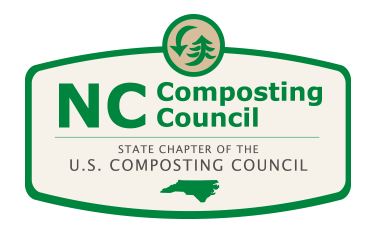
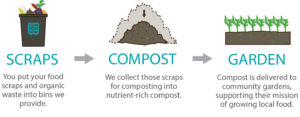
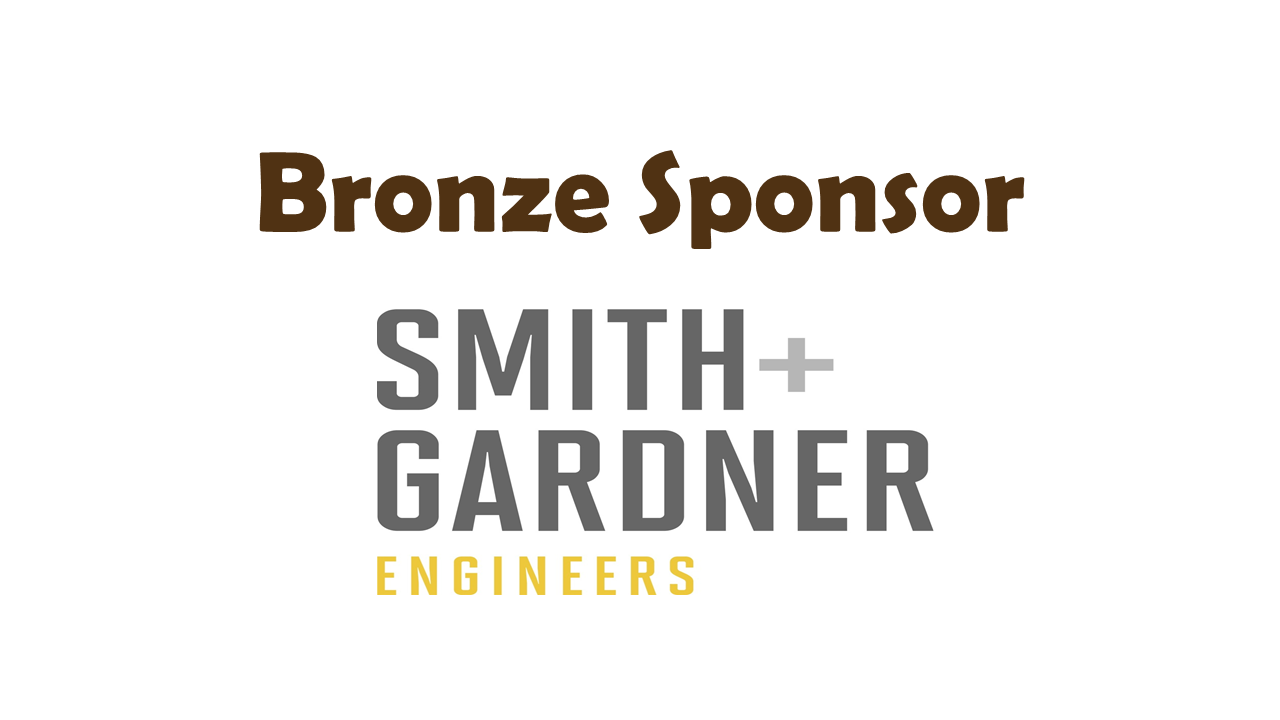

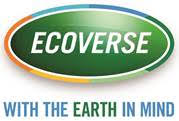

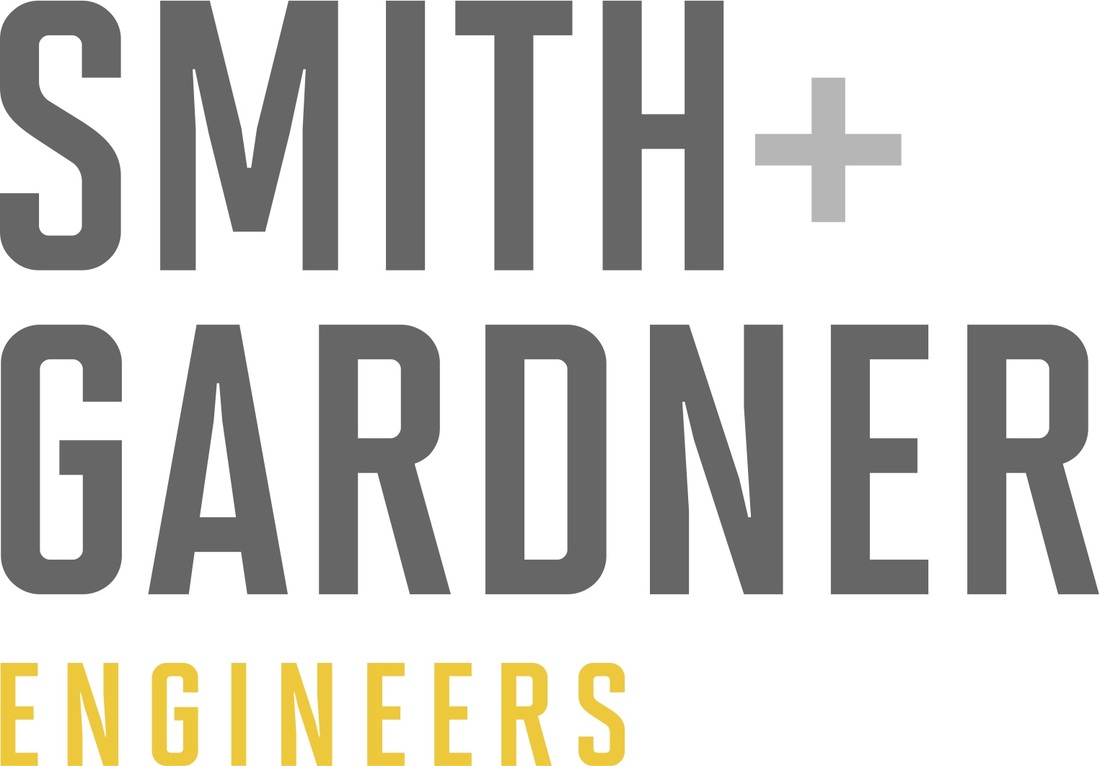


Leave a Reply
Want to join the discussion?Feel free to contribute!